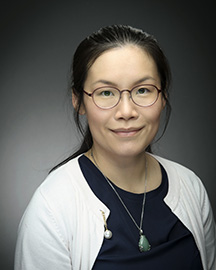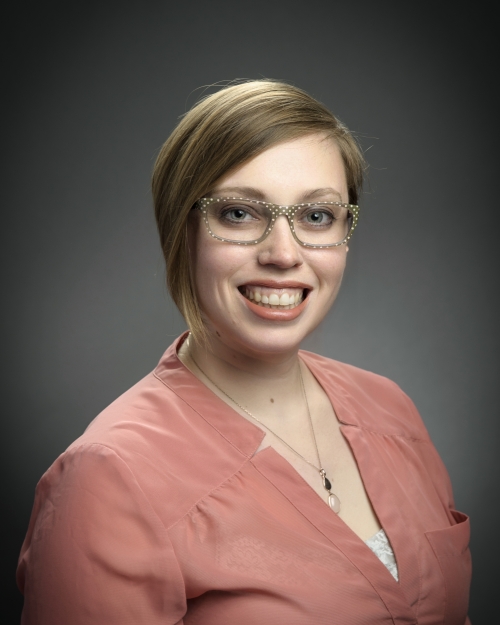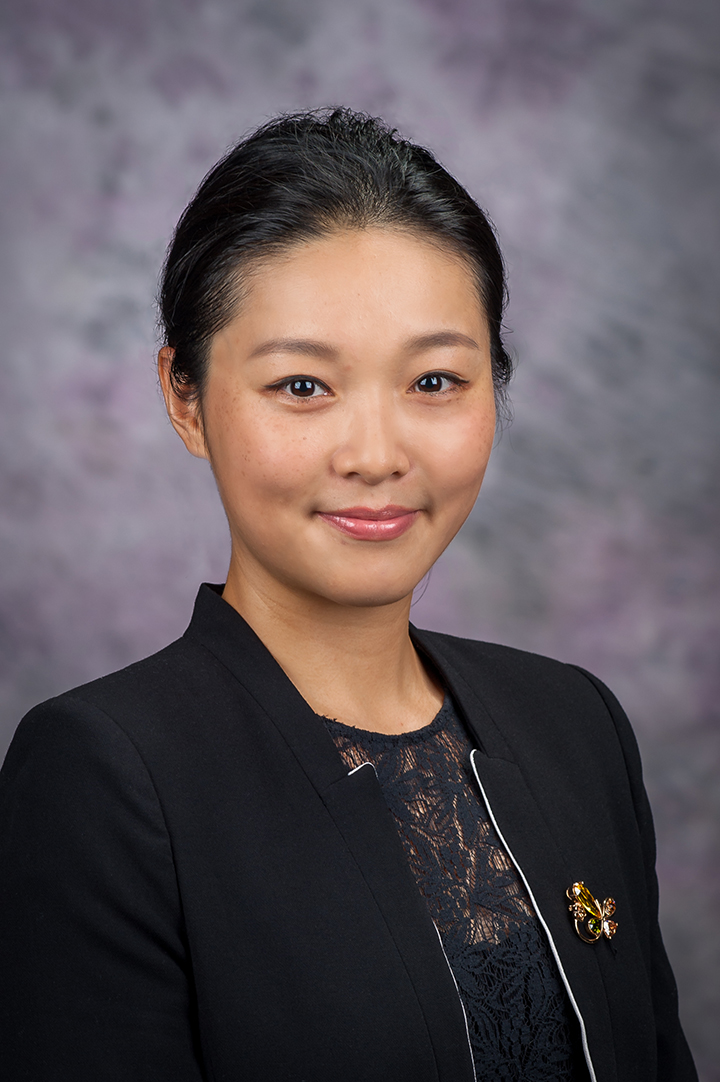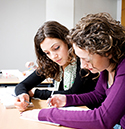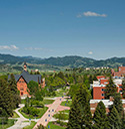Sustainable Food Systems
The sustainable food systems program focuses on sustainable food production, food preparation and processing, distribution, nutrition, and community food security in order for students to better understand how food systems influence health.
This program offers many opportunities to engage in experiential learning through
management of projects at MSU’s Towne’s Harvest Garden and in the surrounding communities. Students can tailor their program to their own
specific interests by choosing supporting coursework in health promotion and education,
political science, economics, business, Native American Studies, and agriculture.
Masters’ projects and theses can potentially cover topics related to food system curriculum
development and assessment of field experiences in sustainable food systems, food
system education and public awareness, local food system development or localizing
diets, institutional purchasing of local foods, food policies, community supported
agriculture and distribution, community food security or community-based food and
nutrition assistance, or local or statewide food system assessment.
Potential career paths might include:
- Public health
- Food and nutrition policy and education
- Community nutrition
- Community food security
- Culinary arts and management
- Community supported agriculture
- Food enterprise
Prerequisites
Entering graduate students will have completed a bachelor’ s degree in food and nutrition, agricultural science, environmental or food studies or a related discipline. Appropriate background coursework would include: human nutrition, ecology, economics, culinary fundamentals or food science, microbiology, community nutrition, and political science.
Admissions
Admissions decisions are based on:
- Undergraduate preparation (GPA and strength of prerequisite course work
- Goodness of fit and how consistent interests and goals of student align with research
and outreach goals of faculty (to be addressed in personal essay).
You are responsible for communicating with faculty of interest to inquire about available graduate positions. If requested, you should be prepared to provide a CV, transcripts, and/or references to the faculty member. Once you have been selected by a faculty advisor to pursue your graduate degree, the faculty will invite you to complete the MSU Graduate School application. You must enter the name of the faculty advisor who has agreed to support your degree, along with the below items during the online application process and submit the application for final decision by the department and the Graduate School. If an application is submitted without faculty advisor support, it may not be reviewed for admission to the department.
- Relevant professional experience
- Strength of letters of recommendation
Faculty











